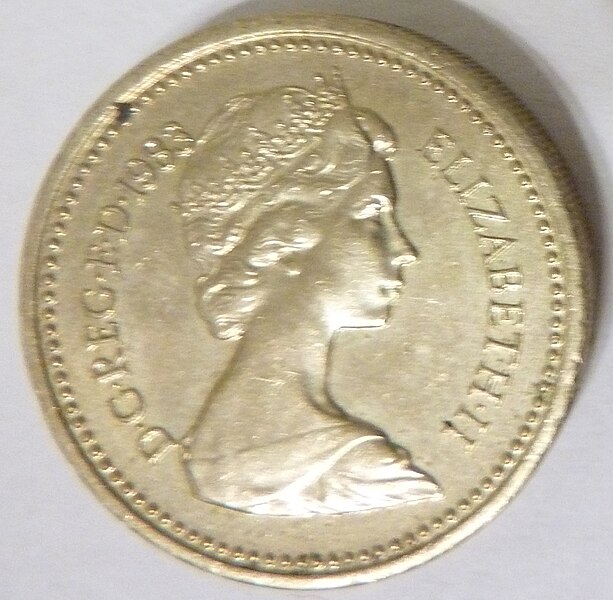
The British pound weakened against the strengthening U.S. dollar on Tuesday, following data that confirmed a slowdown in UK manufacturing activity in September.
Despite this dip, the pound remained near its recent highs.
Sterling fell by 0.4%, trading at $1.33280, after closing its strongest quarter in two years due to a broader improvement in global risk sentiment. Last week, the pound reached a more than two-year high against the dollar.
However, the dollar gained strength across the board on Tuesday, following comments from Federal Reserve Chair Jerome Powell, who dampened expectations for more aggressive interest rate cuts.
The focus for markets this week is the U.S. jobs report due on Friday, which is expected to provide insights into the health of the U.S. economy and future Federal Reserve policy decisions.
In the UK, the S&P Global UK Manufacturing Purchasing Managers' Index (PMI) dropped to 51.5 in September, consistent with earlier estimates. British manufacturers have expressed concerns over the government's upcoming budget plans, further weighing on sentiment.
Sterling was stable against the euro at 83.26 pence, having recently strengthened to its highest level since April 2022. The euro faced downward pressure due to rising expectations that the European Central Bank (ECB) may ease policy further in October, following disappointing inflation data and a sharp decline in eurozone manufacturing activity.
In contrast, persistent inflation in the UK has led to expectations of a slower pace of monetary easing. While the Bank of England is expected to lower interest rates by 25 basis points next month, only one rate cut is fully priced in by the end of the year.
"The pound is taking a bit of a backseat this week, influenced by external factors," said Michael Brown, senior research strategist at Pepperstone.
Looking ahead, investors are focused on the UK’s upcoming budget announcement on October 30, when new finance minister Rachel Reeves will unveil her first tax and spending plans.
"The biggest risk to the pound right now is if the budget goes too far, potentially stifling economic recovery. This could cause a sharp decline in the pound from its current two-and-a-half-year high," Brown added.
In currency markets, "cable" refers to the pound traded against the U.S. dollar. Photo by Abxbay, Wikimedia commons.




































